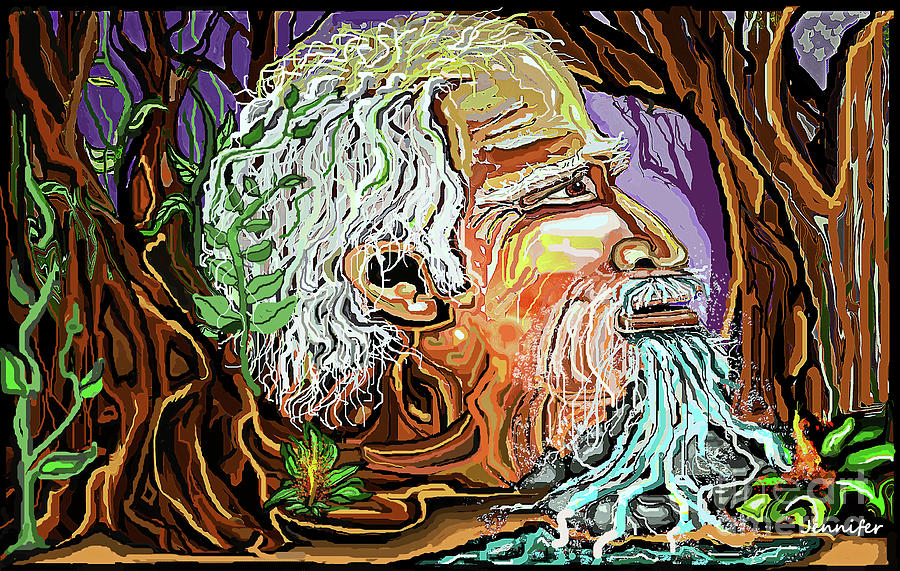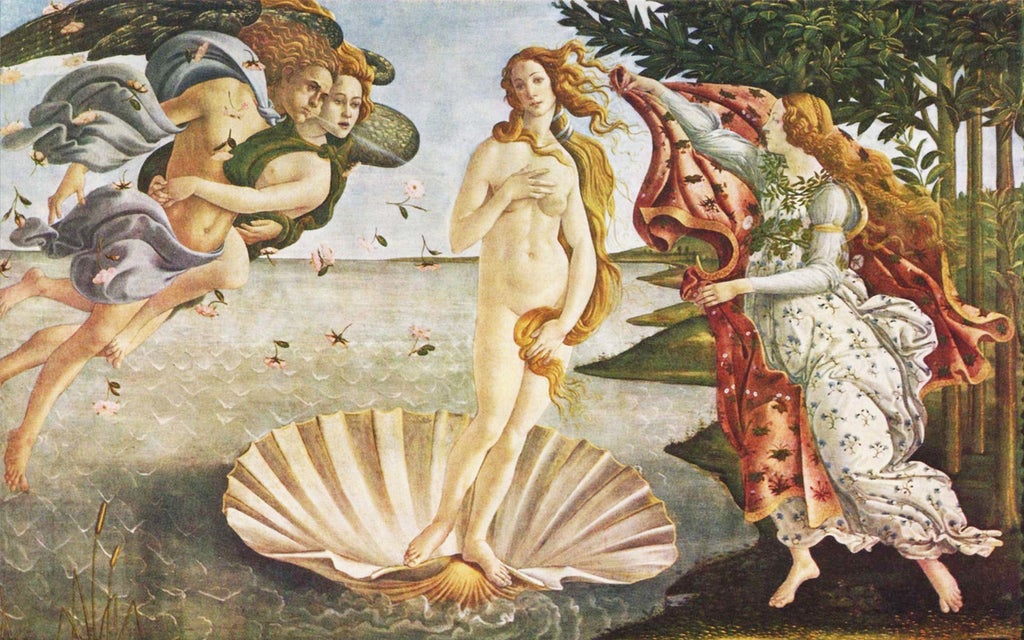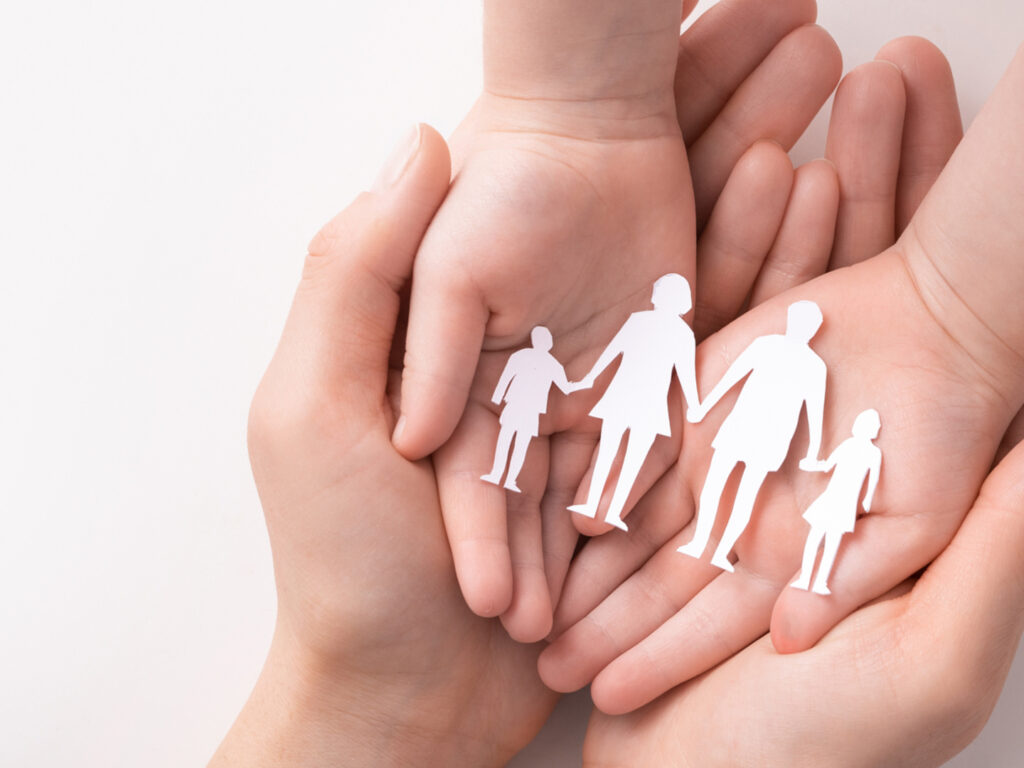For many centuries, the Earth has been dying, slowly but surely. As a result, we have been living in a world of perpetual conflict. This conflict has led to environmental damage, loss of life, and loss of trust between men and women.
Once you understand that the goal of the masculine is wifey, you can easily see why men are the ones who have to go out and do the dirty work of feeding the family, cleaning the house, and caring for the kids. In the last couple of decades, however, this has changed. The roles of men have transformed. They are no longer seen as the “providers” of the family, but rather as the “keepers” of the home.

In 1993, everything changed for me. On February 23rd, I sat with 200 men and women at the Palace of Fine Arts in San Francisco, listening to mythologist Michael Meade and writer Clarissa Pinkola Estes discuss masculine and female archetypes. Ovarios y Cojones: Labyrinths of Memory and Danger Within Women and Men was the title of the workshop.
It was a vibrant conversation and a strong cooperation between two great storytellers, one male and one female, who alternated in sharing their talents and taking us deep into the male and female experience. At the conclusion of the day, something unexpected happened when Clarissa presented the following poetry, which surprised everyone.
In hushed tones, she said, “It’s called Father Earth.” The majority of those in attendance had heard of or read her best-selling book, Women Who Run With the Wolves, but no one knew she also wrote poetry. Shivers went down my spine as soon as she spoke the title because of the unexpected connection between father and soil.
Like most people, I had ties to God, the Father, and Mother Nature. But what she gave in her poetry transported me to another planet and healed scars that had been a part of humanity for thousands of years.
She started, “Father Earth.”

“There’s a two-million-year-old guy no one knows,” she said, her voice echoing in the hushed auditorium. “They slashed his rivers. They tore large swaths of hide from his legs. On his buttocks, they left burn marks.”
“He didn’t scream.”
“He didn’t scream no matter what they did to him.
“He remained steadfast.”
“Now he lifts his stabbed hands and says, ‘We can still heal him.’ We start with the bandages, gauze rolls, gut, needle, and grafts.”
“We flip his body over slowly and gently. And his longtime sweetheart, the elderly lady, is flawless and unblemished beneath him.”
“All this time, he’s been laying on his two-million-year-old lady, guarding her with his ancient back, his old scarred back.
And the earth underneath her is rich with their tears and fertile.”
Tears streamed down my cheeks. I was affected beyond comprehension. Clarissa offered a healing and reconciliation between males and females, as well as a new understanding of men, women, and the Earth that is our home, and I knew that women had taken a significant step towards liberation when they changed the language from a male sky God to invoke the Goddesses associated with the Earth, and I knew that women had taken a significant step towards liberation when they changed the language from a male sky God to invoke the Goddesses associated with the Earth.
Since I first read the poem twenty-seven years ago, I’ve frequently thought about the words.
- “No one knows of a two-million-year-old man.” It reminds me that our human ancestors have a lengthy history. The man is linked to the Earth, yet Father Earth has been forgotten.
- “He didn’t scream… He remained steadfast.” Male strength and calm fortitude come to mind.
- “We still have time to heal him.” It’s not too late to mend our ties to the planet.
- “And his longtime sweetheart, the elderly lady, is flawless and unblemished beneath him.” The Earth’s spirit is neither masculine nor female, but rather male and female in dynamic harmony. The male energies are protective and in close contact with the feminine, rather than destructive.
- “And the earth underneath her is rich with their tears and fertile.” When these final words resonate inside me, I still feel choked up. The feminine weeps for the anguish of what has been done to the Earth, as well as for her lover, the old man, who has been sheltering her all these time as her tears feed the soil.
The poetry, the fusion of female and male bodies and spirits (ovarios and cojones), Michael and Clarissa’s union, and all the men and women who attended, as well as you who are reading this, are all part of a two-million-year-old narrative of female/male love and healing that is needed now more than ever.
In the summer of the same year, 1993, I attended a Wingspan magazine-sponsored men’s conference in Indianapolis, Indiana. We were asked to engage in a traditional sweat lodge ritual as part of the conference, which expanded and deepened the experience I experienced with Clarissa and Michael.
I’d been to a few sweat lodge rituals, when we’d enter a womb-like structure constructed of natural materials and pray and beg for healing knowledge for ourselves and “all our relatives,” as per old traditions. This time, though, I was taken into a vision in which I saw the “ship of civilization” sinking and “boats of life” with people fleeing and establishing a new world in which people were connected together and in harmony with nature, rather than attempting to dominate and rule it.
The following are some of the things I’ve learned throughout the years:
1. The term “civilization” is misleading. The “Dominator culture” is the formal term for it

Louise Humphrey and Chris Stringer, experts at the Natural History Museum, claim that our human ancestors date back at least two million years to the period of Homo habilis in their book, Our Human Story (Handy man). Our forefathers hunted and gathered food on the earth until around ten thousand years ago, when humans started to domesticate plants and animals. It’s customary to think of our forefathers as “primitive” and our more recent forefathers as “civilized.”
That, however, is a fiction. Paul Shepard, Professor of Human Ecology and Natural Philosophy at Pitzer College, said in his book The Tender Carnivore and the Sacred Game, “
“The world of the hunting and gathering peoples is not a valley of continuous demonic menace and unfathomable dread, despite the fact that it has long been popular to depict it as such. It’s a life of willingly accepted risks, minimal needs, unhurried and communal living, and intellectual thinking that’s both practical and esthetic. It is a life based on the integrity of solitude and human sparsity, in which mankind do not become a cancer to their surroundings but instead live in peace with each other and with nature.”
Recently, scientist Jared Diamond dubbed civilization “the greatest error in the history of the human race,” while historian Yuval Noah Harari dubbed it “history’s biggest deception.”
2. Our human history is one of collaboration

As long as we buy into the myth that “civilization” is the best humans can aspire to achieve, we are doomed to go down with the ship. Riane Eisler, President of the Center for Partnership Studies has long recognized our human roots in partnership. In her 1987 best-seller, The Chalice & the Blade: Our History Our Future, she describes two alternate possibilities for humankind.
“The first, which I call the dominator model, is what is popularly termed either patriarchy or matriarchy—the ranking of one half of humanity over the other. The second, in which social relations are primarily based on the principle of linking rather than ranking, may be best described as a partnership model.”
“The social categories of the partnership system and the domination system show that the different ways human societies socialize the male and female halves of humanity for ‘masculine’ and ‘feminine’ roles is how people learn to viability,” she and peace anthropologist Douglas Fry write in their new book, Nurturing Our Humanity: How Domination and Partnership Shape Our Brains, Lives, and Future.
3. The advent of the Coronavirus is a wake-up call for mankind

As of September 4, 2024, the Coronavirus pandemic has claimed the lives of over 875,000 men and women globally, with 200,000 of those deaths occurring in the United States alone. Everyone hopes that a vaccination will be discovered that will put an end to death, but they fail to realize that it is our fruitless effort to control nature that is killing us, and that a vaccine will not protect us.
Colin Carlson, a Georgetown University ecologist, states,
“Our species has aggressively spread into previously uncharted territory. We have uprooted the planet’s creatures, pushing them into new and smaller areas that are right on our doorsteps, thanks to intense agriculture, habitat loss, and increasing temperatures. Humanity has suffocated the world’s fauna, and diseases have erupted as a result.”
Thomas Berry, a religious historian, states,
“We never had enough knowledge. We weren’t even close enough to all of our relatives in the earth’s vast family. We couldn’t even listen to the different animals of the land, each with its own tale to tell. However, the moment has arrived for us to either listen or die.”
Our best hope for the future is a return to our collaborative origins, rather than more technology. It may start with the resuscitation of Father Earth and the reunification of genuine male and female relationship. I eagerly await your feedback. Please visit www.MenAlive.com/the-blog to learn more about me.




